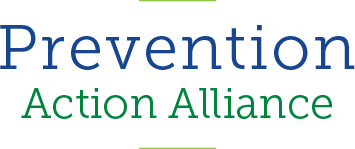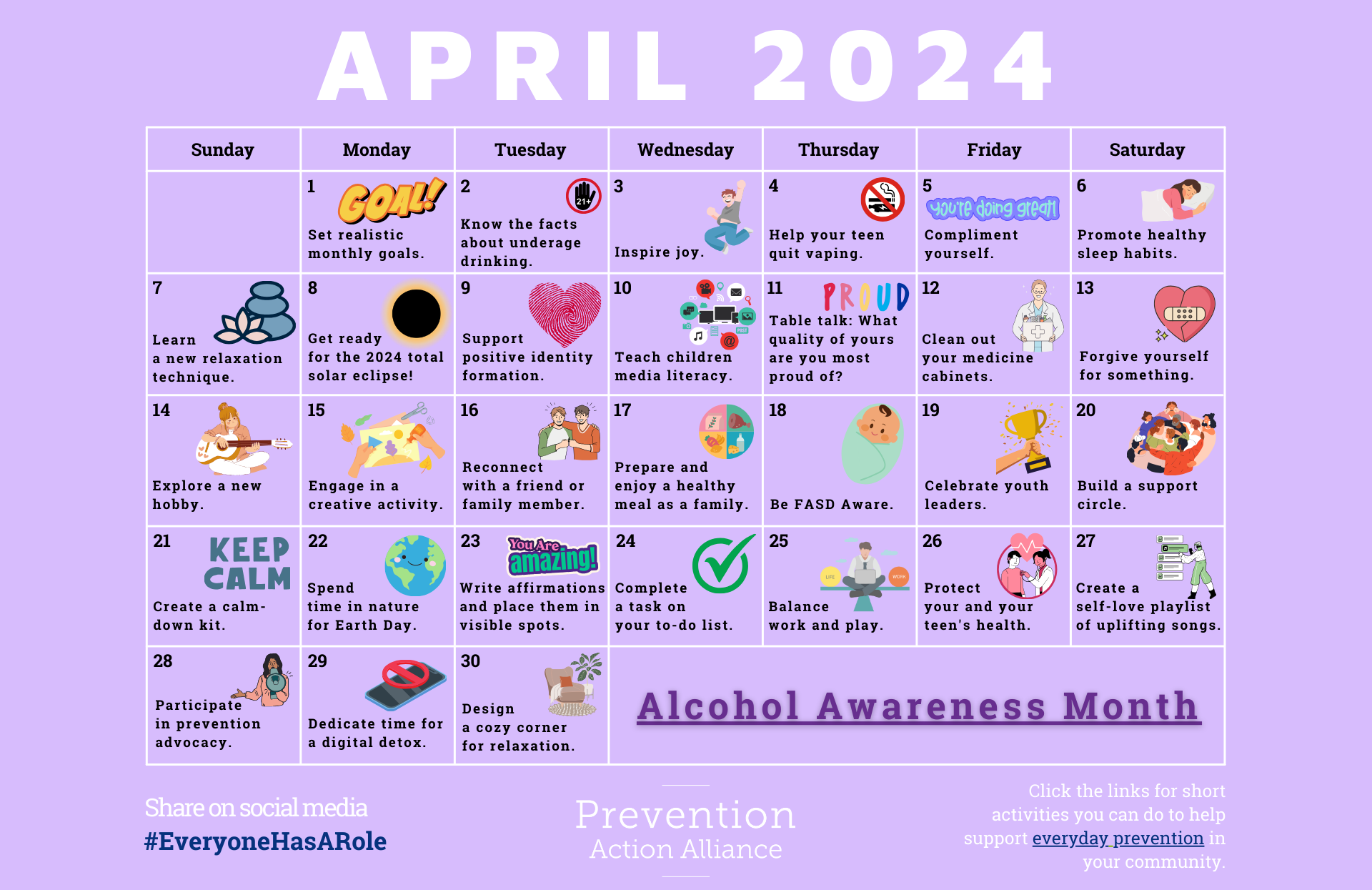
 Even though alcohol is illegal for those under the age of 21, millions of teenagers are able to get their hands on it every year. According to the 2019 National Survey on Drug Use and Health, 7 million people ages 12 to 20 drank alcohol, and 4.2 million of them binge drank. With millions of teens drinking, it begs the question: where do all these teenagers get alcohol in the first place?
Even though alcohol is illegal for those under the age of 21, millions of teenagers are able to get their hands on it every year. According to the 2019 National Survey on Drug Use and Health, 7 million people ages 12 to 20 drank alcohol, and 4.2 million of them binge drank. With millions of teens drinking, it begs the question: where do all these teenagers get alcohol in the first place?
While media reports and imaginations might run straight to fake IDs, most youth who drink alcohol don’t need a fake ID. Teens have been asking of-age adults to buy alcohol for them since the legal drinking age became 21 and, for the most part, they can get it for free. According to the Federal Trade Commission, 72 percent of teens who drink get alcohol without having to pay for it.
In other words, most of the alcohol youth drink comes from of-age adults who are engaging in a practice referred to as social hosting.
What Is Social Hosting?
When of-age adults give or supply alcohol for teenagers, it’s called social hosting. Most often, the term is used to describe hosting large, alcohol-laden parties. Social hosting is also a crime throughout the United States, undermines the parent-child relationship, and harms the physical, mental, and developmental health of youth.
Statistics about Social Hosting
- 72 percent of teens who drink alcohol don’t pay for it
- For teens who got alcohol in the past six months, parents were the supplier three times
- Two out of three teens say it’s easy to get alcohol from their homes without parents knowing it
- Two out of five teens say it’s easy to get alcohol from a friend’s parents
- One in four teens has been to a party where teens drink in front of parents
- One in four teens, including one in three girls, say their own parents have given them alcohol
Can I Serve Alcohol to Minors in My Own Home?
Furnishing alcohol to underage youth is illegal in every state and in Washington D.C., according to the Alcohol Policy Information System, although exceptions exist in some states depending on if the alcohol is provided by a parent, guardian, or spouse or if the hosting occurs at home or in another place. If you’re not sure what the law says where you live, check your local and state laws and regulations.
Penalties vary depending on where you live, but, generally, social hosting is a misdemeanor offense punishable by jail time, fines, or both. In many communities, the social host can be held liable for any injuries or damages caused by underage drinkers. In some states, the host can be held liable even if they weren’t present for the party.
Research has shown that social host liability laws are effective in preventing underage drinking, drinking and driving, and heavy drinking, and communities with social host policies also have smaller underage drinking parties.
Regardless of whether it’s legal to serve alcohol to minors, it’s still a bad idea that endangers the health and safety of the minors in question and undermines the relationship and authority you have as an adult with those youth.
Why Giving Alcohol to Teens Harms Youth and Adults
Underage drinking causes a host of health problems for the developing teenager. It harms their body, their brain, and their development. Young people who drink before the age of 15 were more likely to develop an alcohol use disorder, which includes alcoholism, by the age of 19. According to the Centers for Disease Control and Prevention, young people who drink underage are more likely to experience:
- School problems, such as higher absence and poor or failing grades
- Social problems, such as fighting and lack of participation in youth activities
- Legal problems, such as arrest for driving or physically hurting someone while drunk
- Physical problems, such as hangovers or illnesses
- Unwanted, unplanned, and unprotected sexual activity
- Disruption of normal growth and sexual development
- Physical and sexual assault
- Higher risk for suicide and homicide
- Alcohol-related car crashes and other unintentional injuries, such as burns, falls, and drowning
- Memory problems
- Misuse of other drugs
- Changes in brain development that may have life-long effects
- Death from alcohol poisoning
Alcohol also interacts with other drugs, including the medications that many teenagers rely on. Mixing alcohol with medicines is never a good idea. In fact, some interactions can be fatal while others can have a wide array of adverse health effects on the heart, liver, brain, or other systems of the body.
Social hosting also harms adults. Aside from the legal consequences of social hosting, parents or guardians who give their children alcohol undermine their relationship with their child.
Every choice you make sets an example for your teens. When parents break the law, they teach their children not to respect rules or laws. When parents give alcohol to teenagers, they tell teens it’s more important to be cool than it is to encourage healthy decision making. When parents take away the car keys, they say that the only consequence of alcohol is the risk of drinking and driving—ignoring the other health risks and impacts of drinking, particularly underage drinking.
Giving kids alcohol doesn’t teach them to drink responsibly. It teaches that their parents are OK with teens drinking, which only encourages them to push those boundaries further and experiment more.
What Parents Can Do about Social Hosting
Above all, parents should remember that they are the first line of defense when it comes to underage drinking.
As a parent, one of the most effective things you can do to help your teen is to set expectations regarding underage drinking and drug use. Tell your kids that you expect them not to drink while underage or to use other drugs and let them know what the consequences of breaking those rules will be.
While you’re talking about underage drinking, make sure you maintain an open mind and keep the conversation open. Ask your children questions about alcohol—what do they know, do their friends drink, do they feel pressured to drink when out with friends? Then, listen to them and try to empathize with them and their concerns.
Know your child and know their friends. Adolescence is a time of change, but some of those changes can signify problems. Particularly watch for changes in sleep, mood, friends, activity level, academic performance, weight, and personal hygiene. All of these can be symptoms of substance misuse, including underage drinking.
Remember to be a good role model. Don’t provide alcohol to teens. If you drink, make sure you set a good example of moderation and making healthy choices. Your child is watching; what example are you setting?
Keep an eye on any alcohol in the home. Teens can be sneaky and might get in and out of the liquor cabinet or take beer from the fridge without you noticing. Preferably, secure any alcohol in the home so that teens can’t get into it.
Like we said, some teens can be sneaky. Work with other parents, especially your teen’s friends’ parents to keep a collective eye on your children. As parents, you want the best for your children. Work together to make sure that children are where they said they would be and aren’t drinking at other friends’ homes. Let other parents know how you feel about underage drinking and ask them what their expectations are for their kids.
If you’re hosting a party, be present. Make sure that any alcohol in the house is secured and that no alcohol gets brought into the home. Check in on any kids in the house regularly.
If your child is going to a party somewhere else, ask questions. Call or text the parent who is hosting the party to verify the time, location, and that there will be adult supervision. Make sure they won’t be providing any alcohol. If necessary, find some alternative activity for your child.
What Communities Can Do about Social Hosting
A wide variety of programs and initiatives exist to help communities prevent underage drinking and social hosting.
Communities can provide alternative recreational activities to drinking, so that youth have alcohol-free ways to enjoy their free time.
Communities should have social host liability laws, enforce those laws, and communicate about them to prevent underage drinking, heavy drinking, and drinking and driving. These laws should hold parents responsible if they allow for underage drinking in their homes.
Restrict the advertising of alcohol, especially in areas where teens see those ads and related to sports. Advertisements for alcohol products have been shown to influence the drinking habits and choices of young people.
Whether you use compliance checks, cite non-compliant businesses, or use a reward and remind program to recognize businesses that do their parts, it’s important to hold accountable businesses that sell alcohol products to youth.
Use public policy solutions to engage in environmental prevention. Zoning laws can restrict how many businesses selling alcohol can exist in a certain area, reducing access and availability. Advertising restrictions can keep ads for alcohol products away from youthful eyes. Checkpoints can deter drinking and driving. Taxing alcohol products can prevent youth access while also funding prevention programs.

